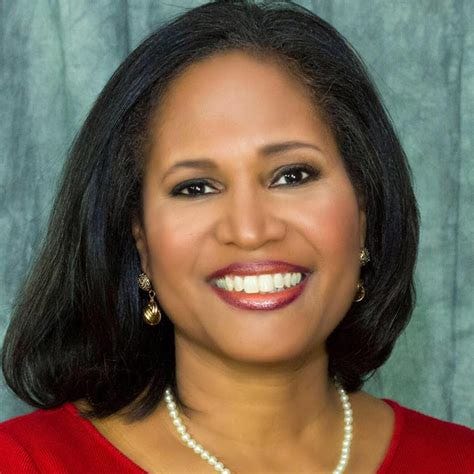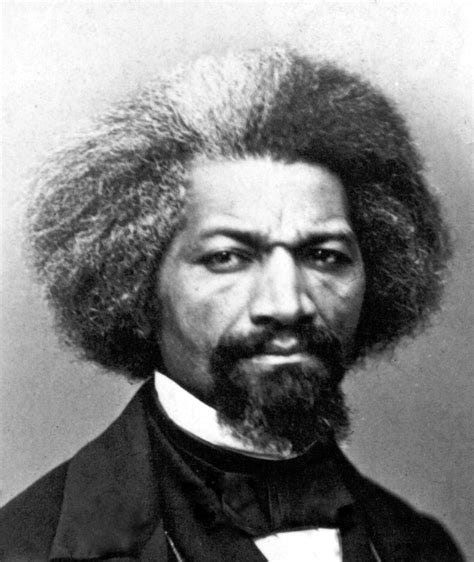Disarray doesn't begin to describe the city council
We may soon need a scorecard to track the infighting
More than 160 years ago, abolitionist, newspaper publisher, and orator Frederick Douglass proclaimed “power concedes nothing without a demand.” His words still ring true. City council incumbents bore that out this week when they adopted the first of a set of rule and policy changes to govern themselves because they could-because they have the power.
Within the ranks of the 34 incumbents on the council, some urged that the body wait until early May when the 16 newly elected aldermen are seated. Others deemed it necessary to make the changes now and circumvent the possibility the new mayor would rely on tradition and try to make committee appointments himself.
Again, because they had the power, the incumbents voted to expand the number of committees from 19 to 28. That number increases the odds that every incumbent, if he or she wants it, will chair a committee. Committee chairs receive perks such as extra staffing and a committee operating budget-regardless of how much or how little they meet.
The plan, which will be voted on in May with the new members in place, also features a new committee on Executive appointments and on Aging. Under the proposed new rules, the text of any ordinance that’s directly introduced to a committee must also be posted 48 hours before a vote on the matter.
The vote was a precursor to the type of rancor we should expect to see from the council moving forward. Failed mayoral candidates, Sophia King (4th) and Roderick Sawyer (6th), both Black, voted against the measure and want the new members to be able to participate in the chairmanship process. Those two were joined by five other Black alderman- Leslie Hairston, Anthony Beale, Stephanie Coleman, and Jeanette Taylor in voting against the proposal which was introduced by another Black alderman -Michelle Harris. That contingent also included Latino councilman Ray Lopez. Hairston, King and Sawyer will not be returning the council in May as they either gave up their seats to run for mayor, or simply retired.


The decision to forge ahead on the vote indicates incumbents will make their new colleagues battle for positioning and to be heard. Those already in office are carrying out the same political philosophy that keeps many newcomers to federal level offices from being nominated -they haven’t paid their dues is the usual refrain. Chicagoans are likely to see a local situation similar to what played out for Alexandria Casio-Cortez-commonly known as AOC.
After gaining a seat in the U.S. House of Representatives by besting an incumbent, she was all the rage in traditional and social media. Just about everything she uttered found a home on some network, newspaper or magazine page as well as blogs. Her enthusiasm and fresh perspective seemed to be contagious - especially among those who tagged themselves as progressive.
The reality that she was a rookie member of Congress smacked her in the face as she didn’t get powerful committee appointments, nor was any legislation she wanted to propose sponsored and moved forward by the old guard. As is always the case, most of the second year of the two-year term has a candidate spending more time fundraising than legislating.
Any expectations for what the new members of the city council will or can do should be tempered by the reality that despite how large a star they were before being elected they come to city hall with no power.





